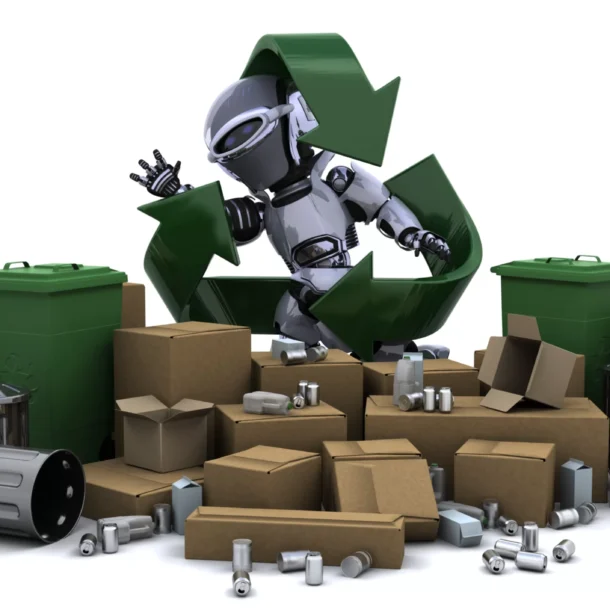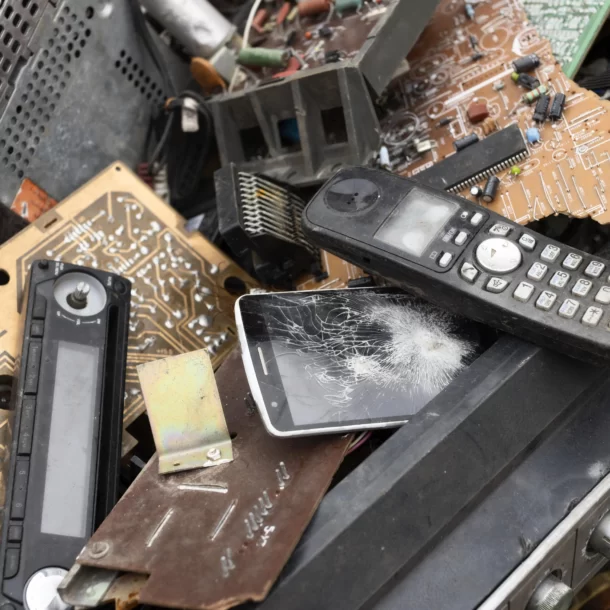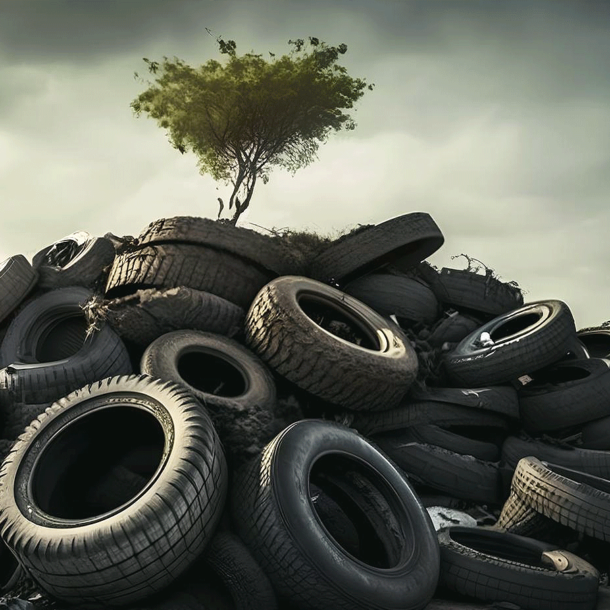
In India, e-waste recycling technologies are revolutionizing the way electronic waste is managed and processed. Here are seven key points exploring the various technologies driving e-waste recycling in the country:
- Automated Sorting Systems: Advanced automated sorting systems are employed to segregate different types of electronic waste efficiently. These systems use sensors, conveyor belts, and robotic arms to identify and separate various components such as plastics, metals, and circuit boards, streamlining the recycling process and maximizing resource recovery.
- Material Recovery Techniques: Innovative material recovery techniques are utilized to extract valuable metals and materials from electronic waste. Processes such as shredding, magnetic separation, and chemical leaching are employed to isolate metals like gold, silver, copper, and palladium from circuit boards, connectors, and other electronic components.
- Pyrolysis and Thermal Processing: Pyrolysis and thermal processing technologies are employed to recover energy and valuable materials from non-recyclable e-waste components such as plastics and organic materials. These processes involve heating the waste at high temperatures in the absence of oxygen, resulting in the decomposition of organic compounds and the production of syngas and biochar.
- Hydrometallurgical Processes: Hydrometallurgical processes are used to extract metals from e-waste materials through chemical dissolution and precipitation. Acid leaching and solvent extraction techniques are commonly employed to dissolve metals from electronic waste residues, which are then recovered through precipitation or electroplating processes.
- Biodegradable Electronics: The development of biodegradable electronics represents a sustainable approach to e-waste management. Biodegradable electronic devices are designed to degrade naturally at the end of their lifecycle, reducing the environmental impact of electronic waste disposal. These devices incorporate biodegradable materials such as bioplastics and organic substrates, ensuring minimal harm to the environment.
- Innovative Recycling Methods: Researchers and innovators in India are constantly exploring novel recycling methods and technologies to address the challenges of e-waste management. From 3D printing of recycled materials to innovative e-waste upcycling techniques, these initiatives aim to create value from electronic waste while minimizing environmental impact.
- Blockchain Technology: Blockchain technology is being explored as a tool to enhance transparency and traceability in the e-waste recycling process. By creating immutable records of e-waste transactions and supply chain activities, blockchain can help verify the authenticity of recycled materials and ensure compliance with regulatory requirements, promoting responsible recycling practices.
Conclusion:
E-waste recycling technologies in India are paving the way for a more sustainable and efficient approach to electronic waste management. From automated sorting systems to innovative material recovery techniques, these technologies are transforming trash into treasure, unlocking valuable resources and reducing environmental impact.
As India continues to invest in research, development, and implementation of e-waste recycling technologies, it reinforces its commitment to sustainability and resource conservation. By harnessing the power of innovation, the country can create a circular economy where electronic waste is recycled responsibly, contributing to a cleaner and greener future for all.



